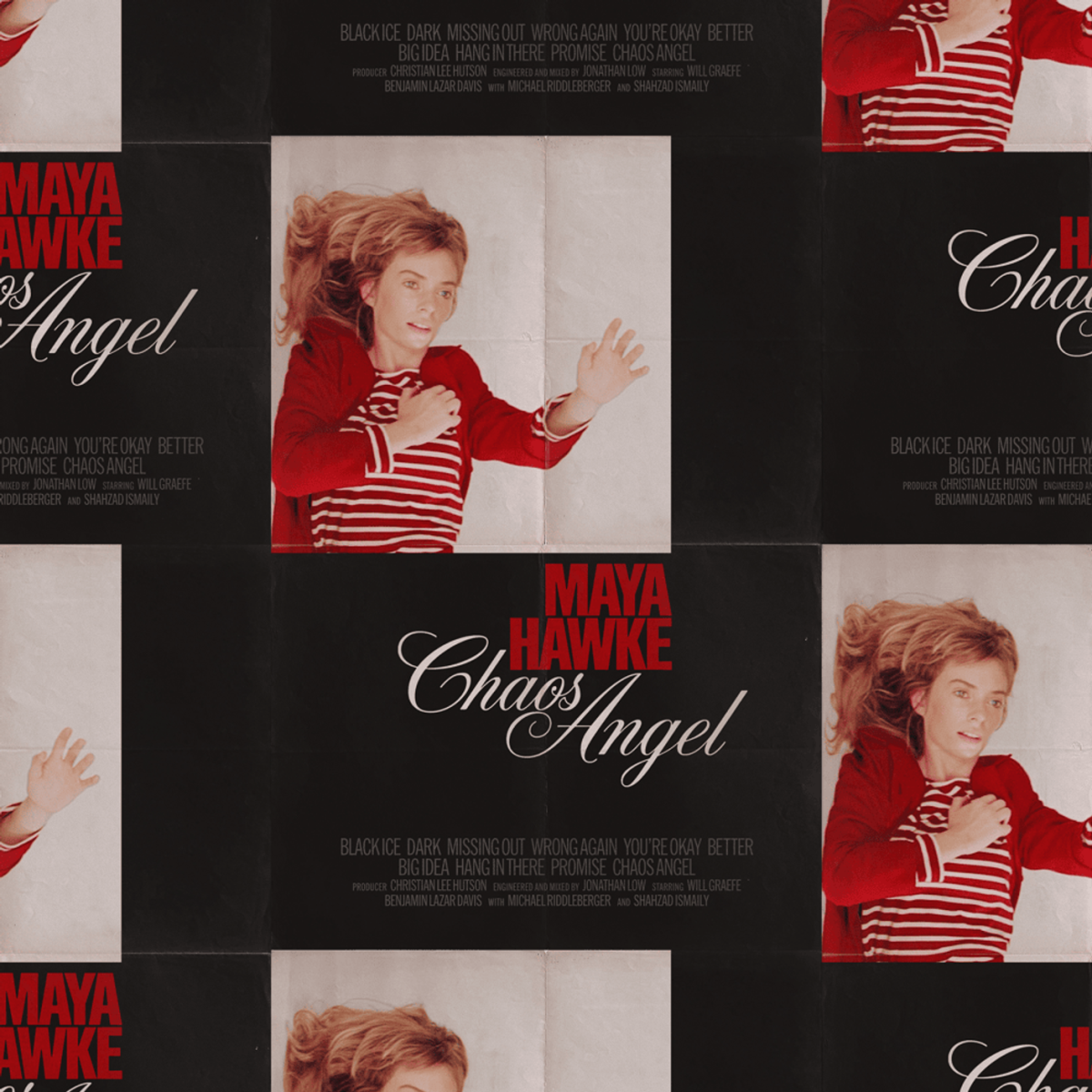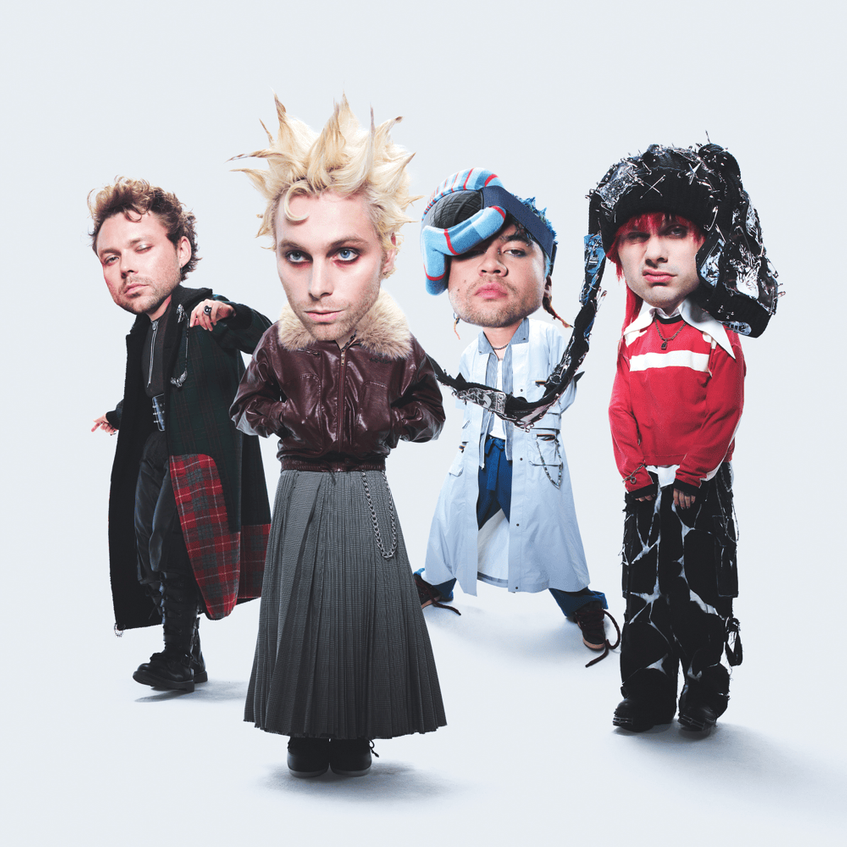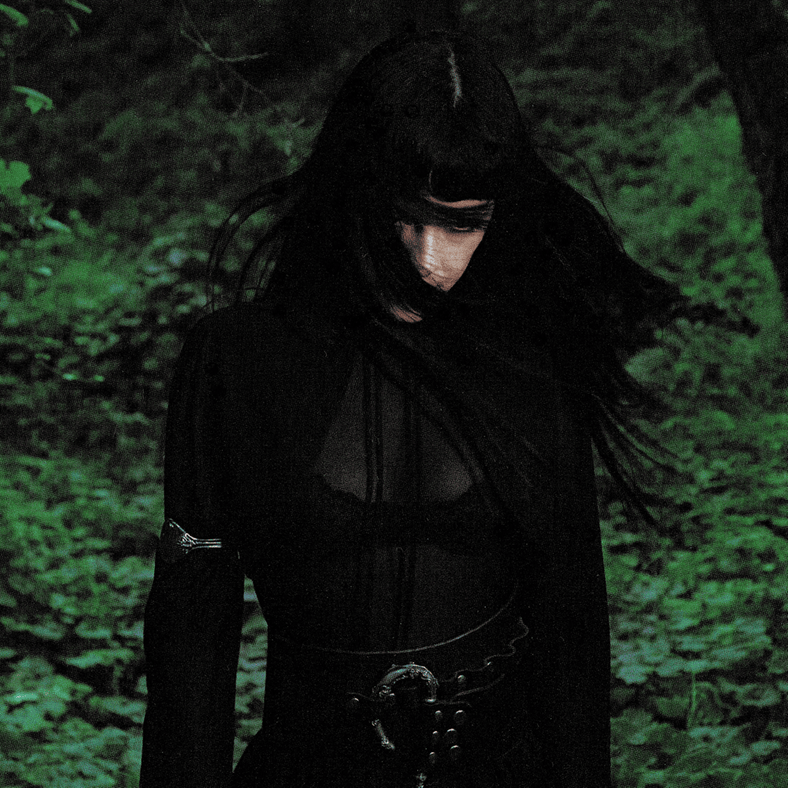Rating: 8.5/10
Singer-songwriter and actress Maya Hawke released her newest album, “Chaos Angel,” on May 31. The album is a welcome reminder of her strength as a musician after her recent success as an actress, adding movies such as “Inside Out 2” and “Asteroid City” to her resume.
“Chaos Angel” plays like a coming-of-age novel. Hawke delves into themes of self-reflection and emotional manipulation, and listeners are welcome to find themselves along with Hawke. The project is a clear demonstration of Hawke’s talent as a writer and artist and will certainly cement her as a modern poet.
The album begins with “Black Ice,” a mellow, lullaby-esque take on a love song. The song opens with a voice message, setting the tone for the remainder of the slow-burn, melodramatic album.
Get The Daily Illini in your inbox!
“You become the angel in human form/ Does that make sense when we put it that way?” Hawke asks before being overtaken by a simple guitar melody.
The second track, “Dark,” explores the tragic side of love. Hawke is nothing if not vocally experimental throughout the album, and “Dark” is an installation of her skill as a vocalist. Her cracked and airy vocals accentuate her emotional connection to the topic of the piece.
While perhaps somewhat minimalistic, the song knows when to put itself out there. Hawke expertly juxtaposes the common, simple guitar picking with thematic, snare-filled rhythmic sections. It’s clear throughout that Hawke knows what she has to say both as a vocalist and a songwriter.
“I don’t want to cry in your t-shirt ever again/ Well, my anger was a compliment/ I like how your brain works,” Hawke sings.
The album continues with “Missing Out,” a welcome acoustic take on modern folk. Hawke lets listeners into her head in this track, laughing over a fluttering keyboard and harmonizing with herself in a way that can only be described as graceful.
“Missing Out” is joyful-sounding and earnest, offering a sweet, desirable interlude to the angelic vibe of the majority of the project. The mid-song guitar break is fun and optimistic, carefully walking the line between what it means to be a concept album and the unpredictability of recovering from trauma.
The piece is reminiscent of Hawke’s earlier work, specifically her fan-favorite album, “Moss.” While she has certainly matured in her latest work, songs such as this remind listeners that Hawke is still unapologetically herself.
“Wrong Again” continues to give listeners a peek into Hawke’s psyche. Hawke experiments expertly with build-ups, making the album feel less repetitive, as it mainly utilizes a simple guitar and keyboard throughout its duration.
While some of the vocals in this section of the piece are less than desirable, feeling weak in the wrong moments, one can’t help but think that Hawke had planned this.
“Okay” is another optimistic, angelic piece. Hawke explores the essence of being human through the self-aware, beautiful plea to accept one another’s mistakes as mere symptoms of being human.
The shrieky guitar break near the middle of the song mimics the themes of the song, sounding imperfect and flawed while still maintaining its peaceful intricacy. The solo perfectly reflects the experience of being human — chaotic in its own right but beautifully simple in another.
“If you’re okay, then I’m okay,” Hawke repeats softly throughout the piece, and one can’t help but believe her.
“Better” leans into the chaotic aura Hawke is trying to emanate throughout the project. The song, while not for everyone, is an interesting deviation for Hawke from her previous work.
The minute and 19-second piece is monotone and electronic while featuring expertly crafted harmonies. It’s almost eerie, though this was clearly Hawke’s intention as she dives into the reality of what emotional manipulation looks like.
Hawke is self-aware in this song, understanding why an abusive relationship may look the way it does but remains empathetic.
“Shut up, I’m so tired/ You’re always right, the world’s on fire/ I meant not now, not never/ I can make you feel better in the morning,” Hawke sings.
“Better Idea” is folky and fun, with clear psychedelic elements reminiscent of the early Beatles. Most clearly is the inspiration from the Beatles’ “Abbey Road,” but whimsical elements of “Magical Mystery Tour” shine through with fluttering keyboards and acoustic guitar riffs.
The album slows with “Hang In There,” a bittersweet, heart-wrenching plea to her current self, and perhaps others who have also been in abusive relationships, to, for lack of a better word, “hang in there.”
Hawke details what it looks like to be manipulated in what seems to be a guide to getting through abusive relationships to the tune of a pleasant folk song.
The album proceeds with “Promise,” a sweet and simple acoustic piece that cracks open Hawke’s brain, offering listeners a sample of her thoughts. Hawke remains shy in her vocals, laughing instead of belting and switching to falsetto instead of cracking.
The album concludes with the title track, “Chaos Angel,” a poignant survey of the human experience. Interestingly enough, Hawke refrains from including some of the more chaotic moments in this song until the end, settling for a simple drum beat as the instrumental center of the song.
The song concludes with a bubbling, hectic build-up that precedes a lingering string outro. The instrumental section is pleading and pressure-filled, as if the song may devolve, though it never does. The chaos is planned and human, elegant and head-turning.
“I want you, I love you (Ooh-ooh)/ I promise I’m sorry (Ooh-ooh),” Hawke repeats throughout the song’s outro.
Throughout “Chaos Angel,” Hawke remains introspective — a visionary storyteller who brings to mind the work of modern artists such as Laufey and Samia. Hawke knows what she has to say about human experiences and crafts her narrative with gentleness and care, taking the role of the listener’s big sister many times throughout the album.






